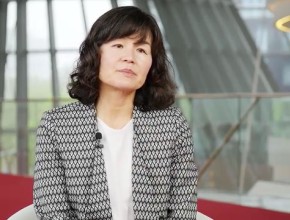Dr Paul Moayyedi is a professor of medicine at the Faculty of Health Sciences, McMaster University, member of Michael G. DeGroote Cochrane Canada Centre at McMaster, and director of the Farncombe Family Digestive Health Research Institute.
If you were to name the 3 most important recent advances relevant for everyday practice in gastroenterology, what would they be?
Paul Moayyedi, BSc, MB ChB, PhD, MPH: So, the most important developments in gastroenterology over the last few years… I feel [it] is the understanding that the microbiome is associated with many diseases. Certainly, it’s important for ulcerative colitis. We have shown this and we’ve shown this because fecal transplants work in a proportion of people with this disease. We showed it in our group, and 4 other studies have confirmed these findings.
This, I think, is important and also highlights another area that is important, which is fecal transplants, which have been very useful in the treatment of Clostridioides difficile–associated diarrhea, particularly [if it] was resistant to antibiotics. But, as I say, we will probably find this approach emerging [as effective] for other diseases but not [in] as many as are being tested at the moment. You know, the press seem to feel this will treat everything, which it will not, but it certainly will be useful, I feel, for some patients with some diseases.
Our treatments will develop further. So, we will understand what gut bacteria are driving this change and indeed what gut bacteria [are] driving disease. So, gastrointestinal (GI) diseases in the future may be a lot more [frequently] treated with both targeted probiotics and antibiotics, with a greater understanding of what is driving disease and therefore [with] a lot better [management] than what we’re doing at the moment.
 English
English
 Español
Español
 українська
українська








